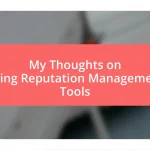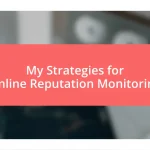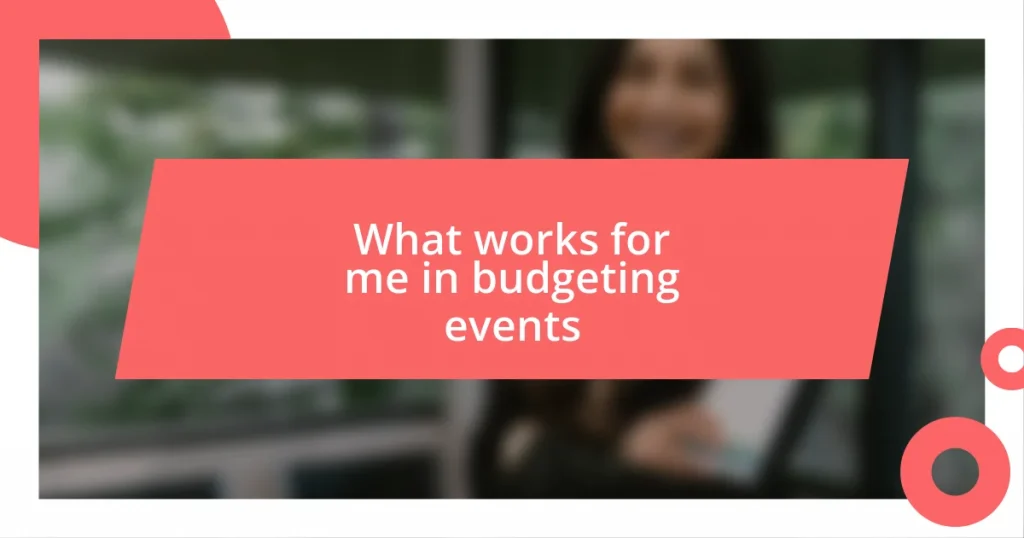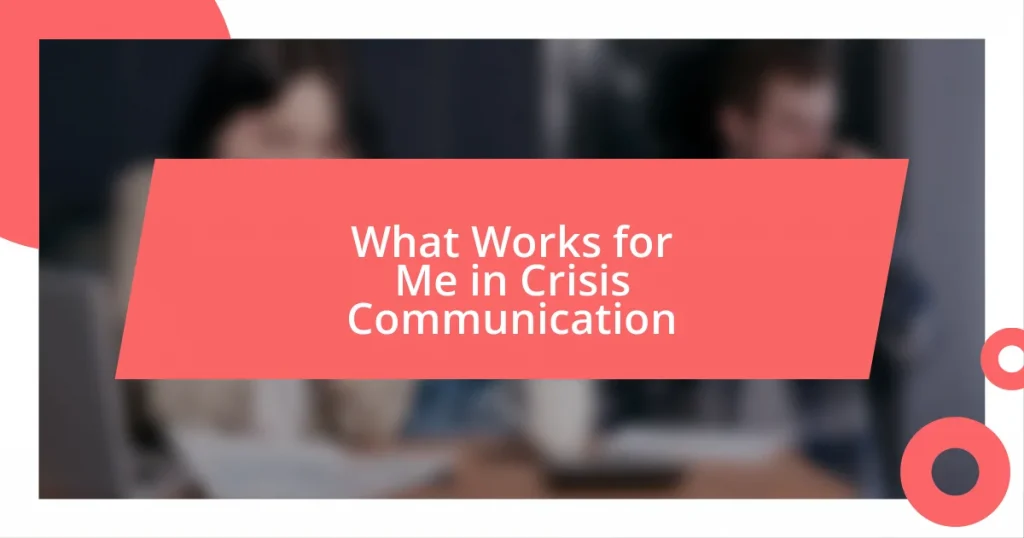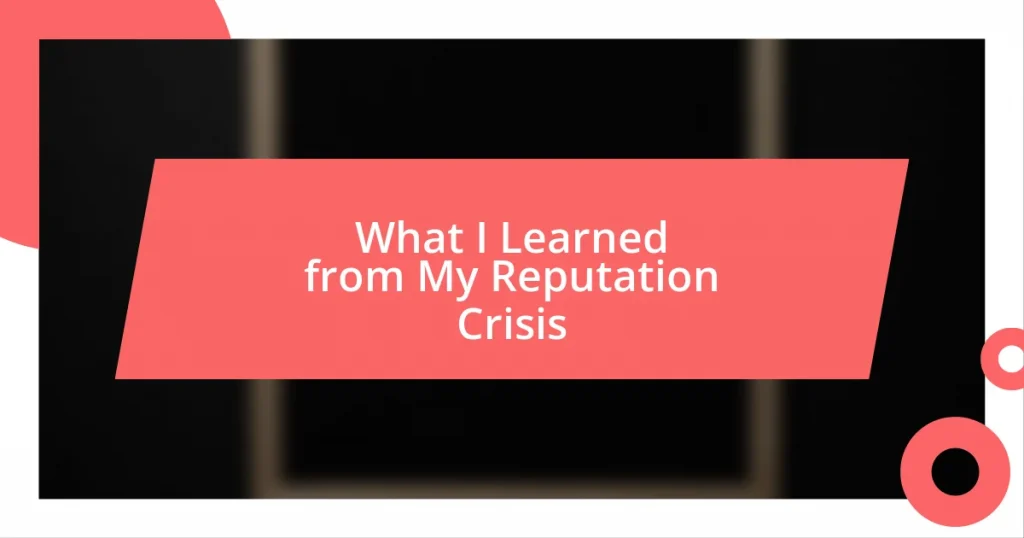Key takeaways:
- Flexibility and consideration of alternatives are crucial in event budgeting to adapt to unexpected costs or changes.
- Setting clear financial goals helps track expenses effectively and prevents overspending on non-essential items.
- Post-event budget reviews enable continuous improvement by analyzing past expenses to optimize future budgeting strategies.
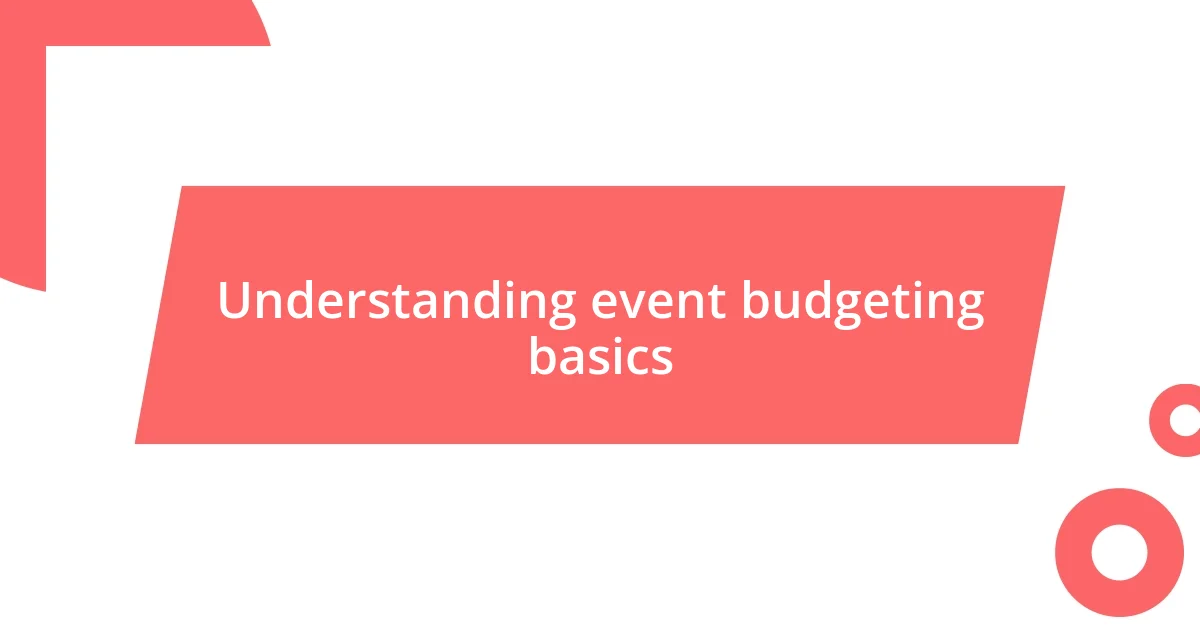
Understanding event budgeting basics
When I first dove into event budgeting, I realized that understanding the fundamentals is crucial. I remember feeling overwhelmed by all the categories—venue, catering, entertainment, and more—but breaking it down helped. Have you ever felt paralyzed by too many options? Taking it step by step made the process navigable.
One essential element I learned is the importance of flexibility. For a corporate event I once organized, the initial catering quotes were way above my expectations. I had to rethink my approach, and that’s when I discovered local food trucks that offered delicious options within budget! This taught me to always consider alternatives; sometimes the best solutions come from thinking outside the box.
Another insight I gained is the value of a contingency fund. I once planned an outdoor event, and a rain forecast was my worst nightmare. Thankfully, I had set aside some funds for unexpected costs, which allowed me to secure a tent last minute. How do you prepare for surprises in your budget? Learning to expect the unexpected can save your event from turning into a financial disaster.
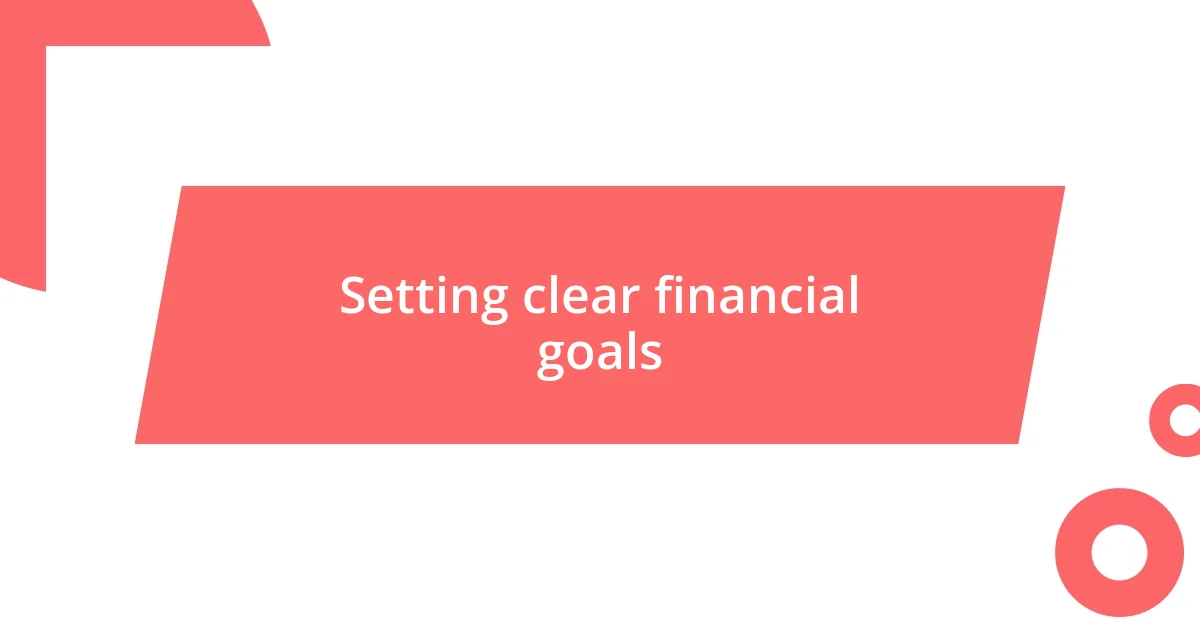
Setting clear financial goals
Setting clear financial goals is the backbone of effective event budgeting. My journey began when I set specific targets for a charity gala I organized. Instead of vaguely aiming to “keep costs low,” I defined my budget categories—like venue rental, food, and entertainment—to stick to a predefined limit. This not only focused my energy but also made it easier to track expenses as they arose.
Here are some practical steps to help you set clear financial goals:
- Define your total budget: Think about the maximum amount you’re willing to spend.
- Break it down: Divide the total budget into categories (e.g., venue, catering, decorations).
- Set category limits: Assign specific amounts for each category based on priority.
- Adjust for flexibility: Allow room for unexpected expenses by creating a buffer in your budget.
- Track progress: Regularly review your spending against these goals to stay on course.
I discovered how crucial it is to have these benchmarks while planning an outdoor company picnic. Without a clear focus, I lost sight of costs and ended up overspending on unnecessary items. Setting those financial goals made all the difference—I learned to allocate funds based on the impact of each element, ensuring the most crucial aspects truly shone while keeping everything else in check.
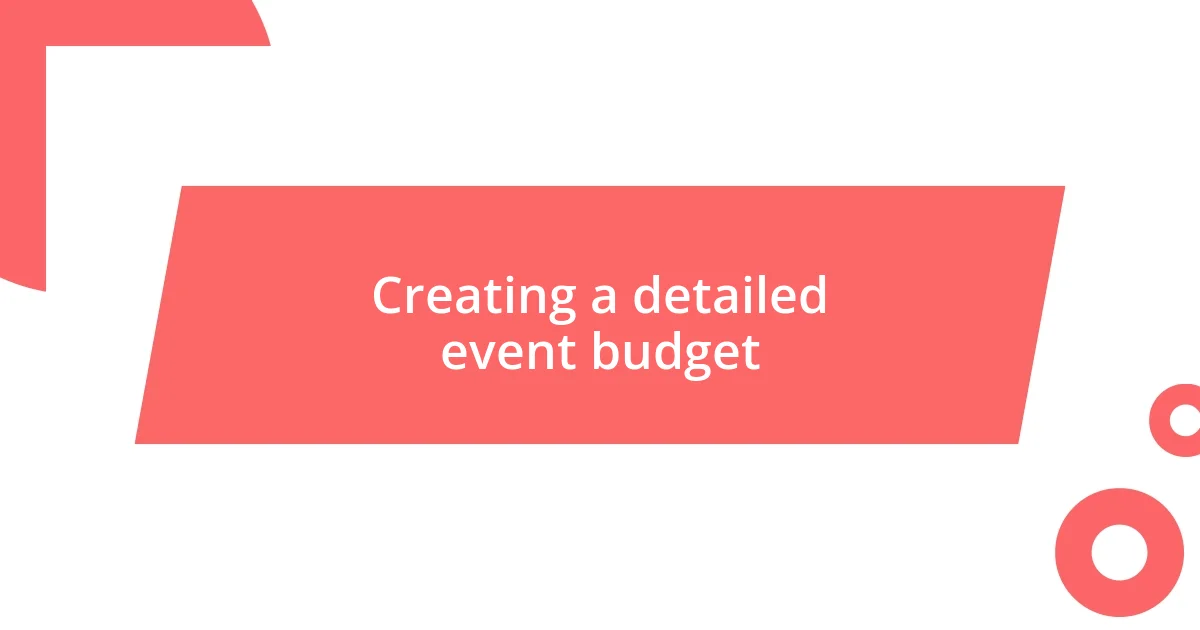
Creating a detailed event budget
Creating a detailed event budget is an essential step that I’ve come to value profoundly over the years. When I was planning a conference, I spent hours creating a spreadsheet that detailed every element. I included everything from audio-visual needs to lighting and even promotional materials. It might seem tedious, but categorizing expenses this way gave me a clear picture of my financial commitments and helped avoid surprises down the line. Have you ever thought about how much clarity a simple table can bring?
One of the mistakes I made in an earlier budget was overlooking small but significant costs, like name tags and signage. It wasn’t until I checked my initial calculations that I realized how these minor expenses could accumulate. This taught me to account for every detail, no matter how minute they seemed. Now, I always ensure that my budget includes a section for miscellaneous expenses, which often ends up saving me from stress at the last minute. Have any of you had a similar experience with hidden costs?
You’ll likely find that creating a detailed budget allows you to appreciate every aspect of your event planning. I remember how satisfying it felt to see my efforts pay off at that same conference. By having everything accounted for, I could focus on the event’s execution, ensuring everything ran smoothly—without financial worries hanging over my head. Seeing participants engage and enjoy the event made every budgeting hour worth it.
| Budget Item | Estimated Cost |
|---|---|
| Venue Rental | $2,000 |
| Catering | $1,500 |
| Entertainment | $750 |
| Promotional Materials | $500 |
| Miscellaneous | $250 |
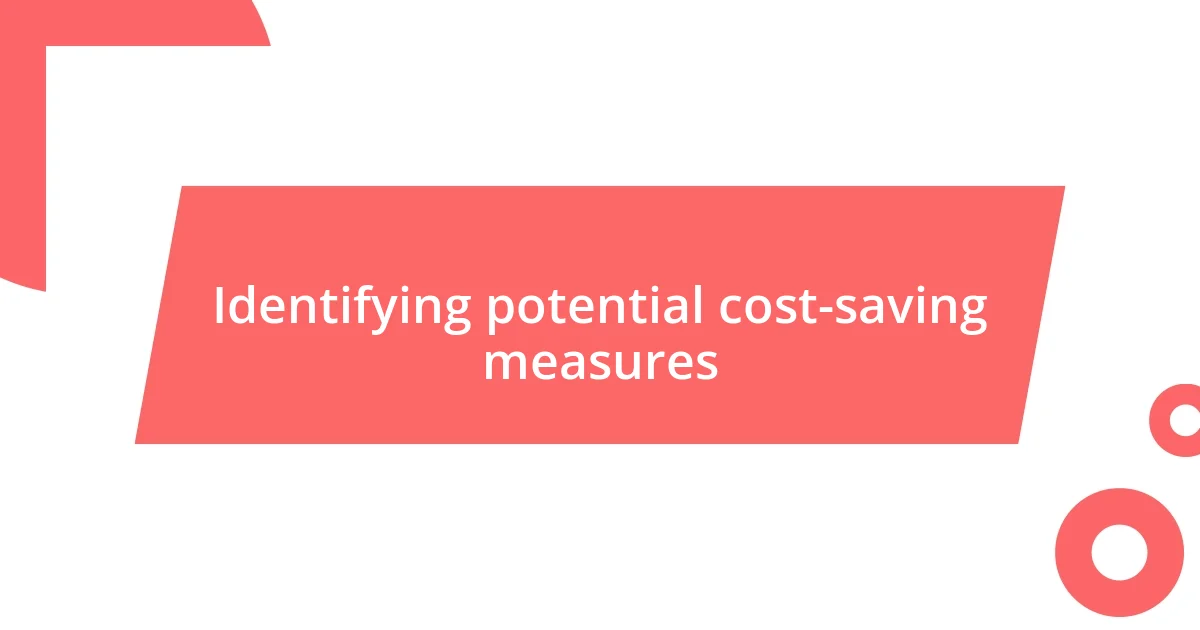
Identifying potential cost-saving measures
Identifying potential cost-saving measures starts with a thorough understanding of every aspect of your event. When I was organizing a local music festival, I focused on negotiating with vendors rather than just accepting their initial quotes. I always ask for discounts—often there are hidden opportunities for savings, like group rates or package deals. Have you ever thought about how a simple conversation can lead to significant savings?
Another approach I’ve found effective is leveraging local resources, which sometimes means getting creative. For instance, I once tapped into the talents of local artists and speakers who were willing to contribute in exchange for exposure rather than a hefty fee. It not only saved money but also fostered a sense of community involvement. It’s remarkable how local relationships can enrich your event without straining your budget—have you explored what your nearby talent pool can offer?
Lastly, consider all costs, including the hidden ones that could sneak up on you. I learned this the hard way during a corporate retreat when I forgot about transportation expenses. By identifying these less obvious costs upfront, you’ll avoid last-minute stress and maintain budget integrity. Have you ever found yourself scrambling to cover an overlooked expense? Trust me, that’s a situation I’d prefer to avoid. Recognizing these potential pitfalls has empowered my planning and allowed for smoother, more successful events overall.
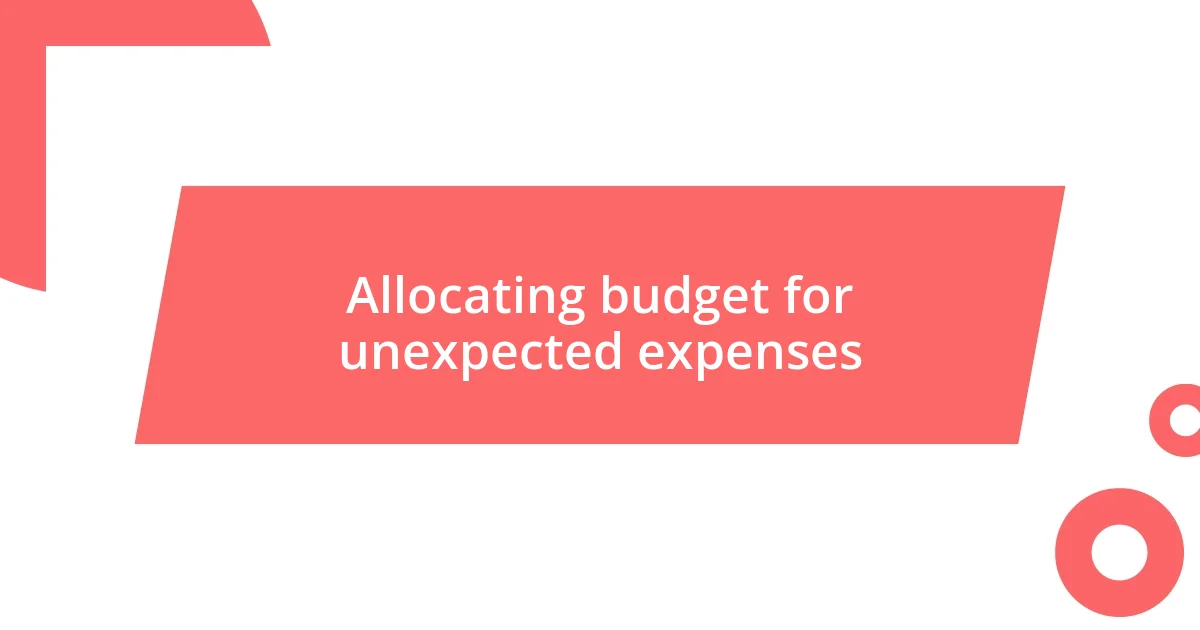
Allocating budget for unexpected expenses
Allocating a budget for unexpected expenses is a crucial aspect of event planning that can easily be overlooked. I’ve had my share of surprises, like when a last-minute speaker cancellation led me to scramble for backup options. Those unexpected fees can really add up, which is why I now allocate about 10% of my overall budget specifically for unforeseen costs. Have you ever faced a situation where a small hiccup turned into a big financial headache?
I remember organizing a wedding a few years back; everything seemed perfectly planned until we encountered rain on the outdoor venue day. Thankfully, I had earmarked extra funds for a tent rental, which saved the day and kept the celebration going smoothly. This experience highlighted for me the importance of having a safety net within my budget. It’s reassuring to know you have a little cushion to fall back on when things don’t go as expected, isn’t it?
Looking back, allocating funds for unexpected expenses not only helps minimize stress but also allows for greater flexibility in decision-making when challenges arise. It’s an investment in peace of mind, ensuring that if something unexpected happens—be it vendor mishaps or additional supplies needed—you’re covered. What’s the point of planning an event if you’re constantly worried about financial surprises, right?
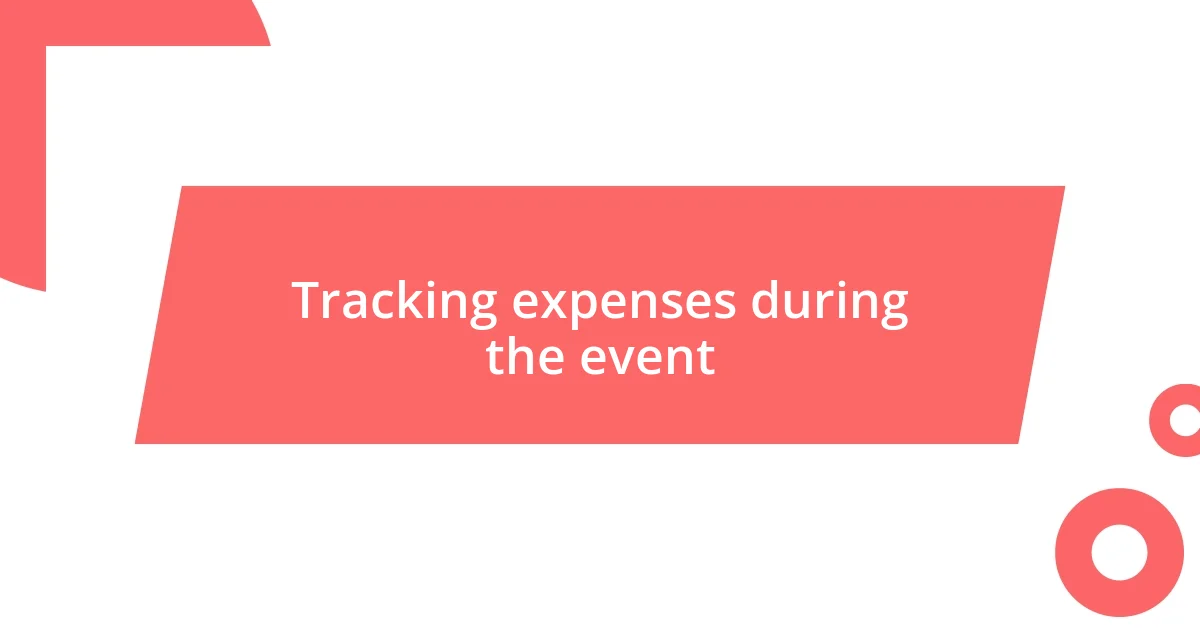
Tracking expenses during the event
When it comes to tracking expenses during the event, I’ve found that keeping things simple can be remarkably effective. During one bustling conference I organized, I used a basic spreadsheet on my phone to jot down every purchase in real-time. This approach spared me the headache of sorting through receipts later. Have you ever experienced that sinking feeling when you realize a small expense has ballooned into something significant? It’s a lesson I learned early on, and I now carry that awareness into every event.
I often enlist a trusted team member to help with this task. When I coordinated a charity gala, my partner-in-crime and I divided our responsibilities, allowing one of us to mingle and ensure the event’s energy stayed high while the other kept tabs on expenses. This teamwork not only made tracking more manageable but also allowed us to stay focused on the big picture. Can you imagine how much smoother things run when everyone’s on the same page?
As the event unfolds, I make it a point to check in on our expenses periodically. During a recent outdoor festival, I noticed we were slightly overspending on refreshments. Instead of panicking, I quickly rallied the team to negotiate better rates with our food vendors. By staying alert and responsive, I turned a potential budget overrun into a collaborative problem-solving moment, reminding us all that flexibility is key in event planning. Have you ever turned a budget challenge into a team victory? There’s a satisfaction in knowing you can adapt and tackle the unexpected together!
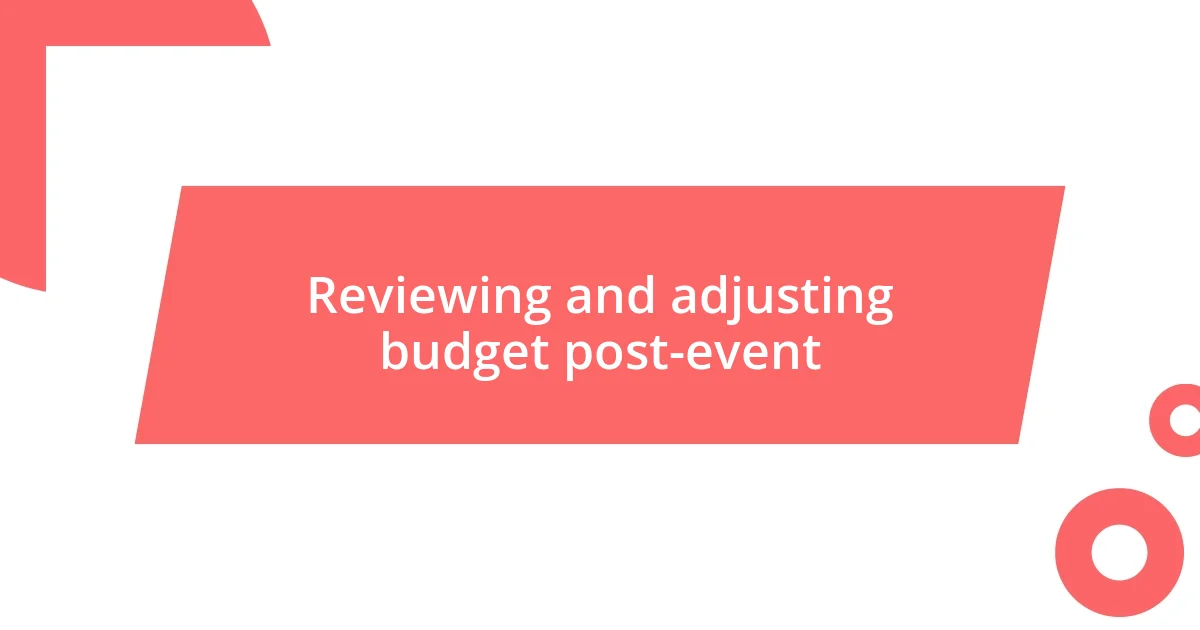
Reviewing and adjusting budget post-event
After the event wraps up, I always take the time to review how closely we stuck to the budget. Reflecting on a recent corporate retreat I organized, I remember reviewing my initial estimates versus the actual expenses, and it was eye-opening. I noticed that we had spent significantly more on decor than planned. Have you ever been surprised by how much something you thought you had nailed turned out to be off the mark? It emphasizes the need for a post-event analysis.
Adjusting the budget based on what I learned has become a crucial part of my process. For instance, after analyzing the catering costs from that outing, I realized that while the food was a hit, we didn’t need as many appetizers. The next time I plan a similar event, I’ll confidently trim that line item without sacrificing quality. Isn’t it empowering to tweak future budgets with lessons learned from past experiences?
I often end my budget review by summarizing key takeaways. I jot down notes on what went well and what needs changing, ensuring that each event informs the next. It’s not just about crunching numbers; it’s about fostering a mindset of continuous improvement. When you adapt your strategy based on real data, it feels like a small victory. Have you ever celebrated a budgeting breakthrough? Those moments remind me that every event is a stepping stone toward mastering the art of budgeting.




